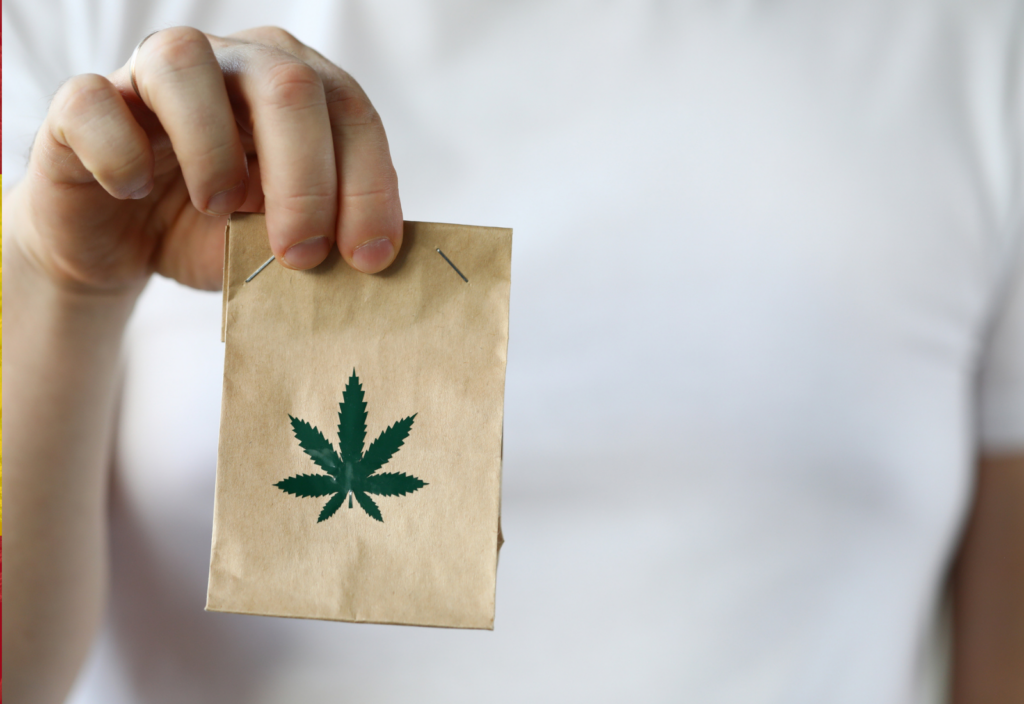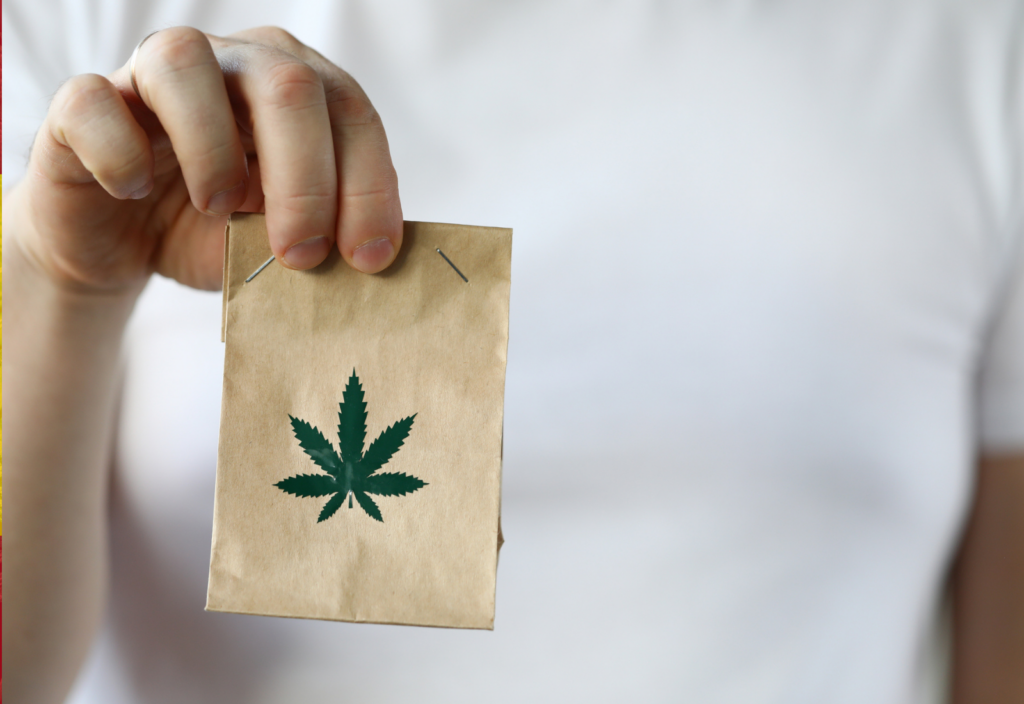
11 Feb Why New York Retailers Should Not “Gift” Cannabis

Earlier this week, New York’s Office of Cannabis Management (OCM) issued cease and desist letters to more than two dozen retailers suspected of violating the Marijuana Regulation and Taxation Act (MRTA) by gifting cannabis.
Enacted in March 2021, the MRTA established the framework for a regulated, safe, and legal cannabis industry to operate in the state of New York. While the possession, consumption, and gifting of cannabis between adults of 21 years of age or older became allowed immediately, the legal, licensed sales of cannabis did not. Cannabis sales won’t be allowed until the Cannabis Control Board (CCB) completes the formal rulemaking process and adopts regulations that OCM will use to issue licenses and oversee cannabis activities in the State.
According to the OCM press release, most alleged violators were illegally selling cannabis without a license and taking advantage of the “gifting” provision under the MRTA by offering “free” cannabis gifts to adult consumers who were buying other lawful goods and services.
Under New York law, anyone of 21 years of age or older may gift or “transfer,” without compensation (that’s the key phrase), up to three ounces of cannabis and up to twenty-four grams of concentrated cannabis to other adults. If you follow this blog, you may be familiar with this “gift economy”. Other jurisdictions that have legalized the production, possession, consumption and sale of cannabis are faced with a similar regulatory dilemma but for different reasons. D.C., for example, inherited of a grey market following the enactment of a congressional rider that has prevented the District from using its local tax dollars to implement commercial sales, despite the approval of a 2014 measure that legalized marijuana possession, cultivation and gifting.
As OCM explained in its press release and in the letters, it is determined to stop bad actors because illegal, unlicensed sales undermine the legal market by introducing products that are not lab-tested and potentially threaten public health and safety. In addition, illegal sales hinder the State’s efforts to build a regulated market that is inclusive and equitable, particularly for the communities most impacted by the over criminalization of the cannabis prohibition.
Not only are illegal activities bad for consumers and the success of a fair and equitable legal market, they also create huge risks for illicit operators. By engaging in illegal sales of cannabis, violators are putting at risk their ability to secure a license for the legal market. They also face substantial fines and possible criminal penalties.
So, the takeaway from this “gifting” practice is that anyone interested in entering the New York cannabis market should refrain from favoring immediate financial gain. Holding off until state regulators adopt and implement a legal framework for cannabis operations will help cannabis companies ensure compliance, and hopefully long term success.


Sorry, the comment form is closed at this time.